Many of the people who have recently been discussing artificial intelligence fall into two groups: Those who are convinced we’ll soon be bowing down to robot overlords, and those who are sure AI will solve all of our problems.
AI is a polarising topic. In one recent survey, 46% of Brits and 43% of Americans admitted that they have “no idea what AI is all about.”
Artificial intelligence is about replicating what humans already do naturally, only in a computer system. This includes our decision processes, reasoning skills, cognitive processes, and ability to learn. This allows a program to do specific tasks and make decisions while using the same logic and reasoning that we would.
We’ve already been using AI for some time. If you’ve ever checked the weather with Siri, used the predictive search function with Google, or told Alexa to play a specific playlist, these are all examples of AI. Microsoft and Apple use AI to power their digital assistants like Cortana and Siri, Facebook uses it for photo tagging, targeted advertising, and curated news feeds, and Google’s search engine algorithm has long been dependent on artificial intelligence.
However, movies and media outlets have helped create a hype around AI, leading to fears that it will gain singularity (become “conscious”), eliminate jobs, and one day rule us all.
Will robots achieve singularity?
Singularity is the moment when AI will become more intelligent than humans. While the idea of robots becoming self-aware may seem scary, this is still a myth. The reason? We still don’t understand the wiring of the human brain. While Dr Arthur Toga from the University of California is currently working to map the human brain, this is still a long way off.
How can we teach robots to be human when we don’t yet understand what it is that makes us uniquely human? While the idea of robots becoming more intelligent than us makes for interesting discussions, it’s not something we’ll see in our lifetimes.
Will AI lead to job losses?
 We’re continually hearing about how AI will steal our jobs, but what is the likelihood that we’ll all be unemployed in the future?
We’re continually hearing about how AI will steal our jobs, but what is the likelihood that we’ll all be unemployed in the future?
Technology has been “taking our jobs” for centuries. It’s easy to see why- these headlines play on our insecurities and fears and the sensationalism makes great copy. However, this doesn’t make it true.
In 2015, Deloitte studied census data from 1871 to the present, analysing the effect of new technologies on employment. This study found that instead of destroying jobs, technology creates them. While it’s easy to focus on the jobs that technology has made redundant, many forget about the new jobs and industries that technology has created.
The study found that boring, dangerous, and hard jobs have declined. The number of people classified as agricultural labourers has fallen by 95% in Wales and England for example.
While jobs in manufacturing and agriculture have decreased, there has been a profound shift to education and caring professions, with a 909% rise in assistants and nursing auxiliaries over the last 20 years. In the past two decades, there was also a 580% increase in educational support and teaching assistants, and a 183% increase in youth, housing, community, and welfare workers.
The report also found that in some industries- such as professional services, education, and medicine, technology has increased both employment and productivity. This has likely been due to the accelerating pace of communication and easy access to information.
Realistically, technology (especially artificial intelligence) makes jobs more productive. Business owners and employees are time-poor, and AI allows businesses to add more value to their customers.
AI also frees up employees to do more important work. This is because it cuts down the amount of time people need to spend doing administrative tasks. That means more time for customer service, product creation, and business strategy and growth.
How AI will help Australian businesses
AI is already helping Australian businesses become more productive. Consider the courier industry for example. Remember how UPS spent hundreds of millions of dollars and a decade of research building an algorithm to calculate where the company’s trucks should turn? Courier companies can now use artificial intelligence for route optimisation.
This technology helps save both time and fuel, minimising time spent planning routes and maximising fleet capacity.
AI has also taken image recognition to a whole new level. Every six hours, an Australian dies of melanoma. But this is a highly survivable disease (up to 98%) when detected early. IBM’s Watson has partnered with MoleMap, the Melanoma Institute and the NSW Department of Health to identify skin cancer.
Doctors are usually able to identify melanomas around 65-70% of the time. However, Watson is already achieving an accurate identification rate of above 90%.
This technology can also be used for facial recognition, removing the need for keys and pin codes for security. The rail industry has also already begun investigating ways to use facial recognition technology instead of physical or electronic tickets, which would drastically reduce congestion during rush hour.
One of the reasons why there’s so much hype around AI? There is so much unknown about this technology, and it’s only in its infancy. What we do know is that AI gives us the tools to work more efficiently, increasing productivity and create jobs in new industries.




